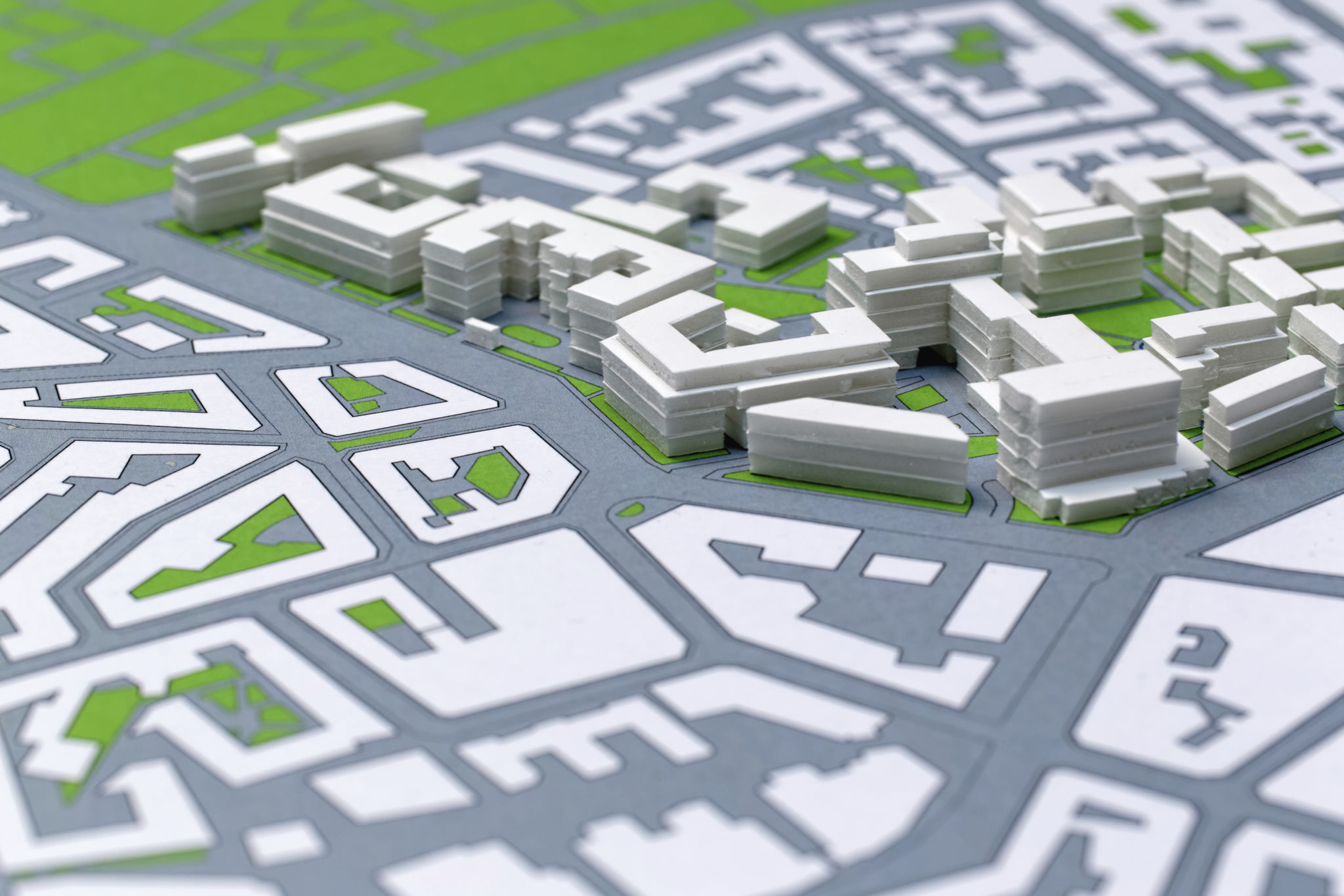Behind the Scenes: Organizing a Successful Urban Culture Festival
Setting the Stage: Initial Planning
Organizing an urban culture festival is a thrilling endeavor that demands meticulous planning and coordination. The first step is to establish a clear vision, outlining the festival's theme and goals. This vision guides every subsequent decision, from venue selection to marketing strategies. Bringing together diverse cultural elements requires a robust planning phase where brainstorming sessions help in identifying key components that will make the festival unique and engaging.
Once the vision is defined, assembling a dedicated team is crucial. Each member should bring a unique skill set to the table, ranging from logistics and marketing to artistic direction. Ensuring open communication and collaboration within the team will lay a solid foundation for the festival's success.

Securing the Perfect Venue
The venue of an urban culture festival plays a significant role in shaping the overall experience. It must be accessible, spacious, and capable of accommodating various activities such as live performances, art installations, and food stalls. Urban festivals often thrive in locations that reflect the cultural vibrancy of the city, such as parks, plazas, or even repurposed industrial spaces.
After selecting a suitable venue, it is essential to work closely with local authorities to secure necessary permits and licenses. This process can be complex, involving negotiations around noise regulations, safety standards, and crowd control measures. Being proactive in addressing these logistical aspects ensures a smooth execution on the day of the event.
Curating an Engaging Lineup
A compelling lineup is at the heart of any successful urban culture festival. This involves curating a mix of performances, workshops, and exhibits that resonate with diverse audiences. Collaborating with local and international artists can add authenticity and appeal to the festival. It's important to strike a balance between established acts and emerging talent to provide fresh experiences for festival-goers.

To maintain audience interest, include interactive elements such as art workshops, dance classes, or panel discussions with industry experts. These activities not only enrich the festival experience but also foster community engagement and cultural exchange.
Marketing and Promotion Strategies
Effective marketing is vital to draw crowds to the festival. Develop a comprehensive promotional plan that leverages both traditional media and digital platforms. Social media campaigns are particularly powerful in reaching younger demographics. Engaging content like behind-the-scenes videos, artist interviews, and ticket giveaways can generate buzz and anticipation.
Collaborate with influencers and local media to expand reach and establish credibility. Partnerships with community organizations and businesses can also enhance promotional efforts while building strong local support for the event.

Ensuring Smooth Logistics
Logistical planning is the backbone of any successful festival. Detailed schedules should be created to coordinate activities across different stages and venues. This includes transportation arrangements for artists and equipment, as well as ensuring adequate facilities for attendees such as restrooms, seating areas, and food vendors.
Implementing efficient crowd management strategies is crucial to ensure safety and comfort. Employing trained staff to manage entry points, monitor crowd densities, and handle emergencies will help maintain order throughout the event.
Post-Festival Evaluation
The conclusion of the festival marks the beginning of another important phase: evaluation. Gathering feedback from attendees, artists, and team members provides valuable insights into what worked well and what could be improved for future events. Surveys can help collect data on attendee satisfaction and suggestions.

Documenting these insights will aid in refining processes and making informed decisions for subsequent festivals. Celebrating successes with the team and acknowledging their hard work contributes to morale and motivation for upcoming projects.
Organizing a successful urban culture festival is no small feat, but with careful planning, collaboration, and creativity, it can become a memorable experience that celebrates the vibrancy and diversity of urban life.